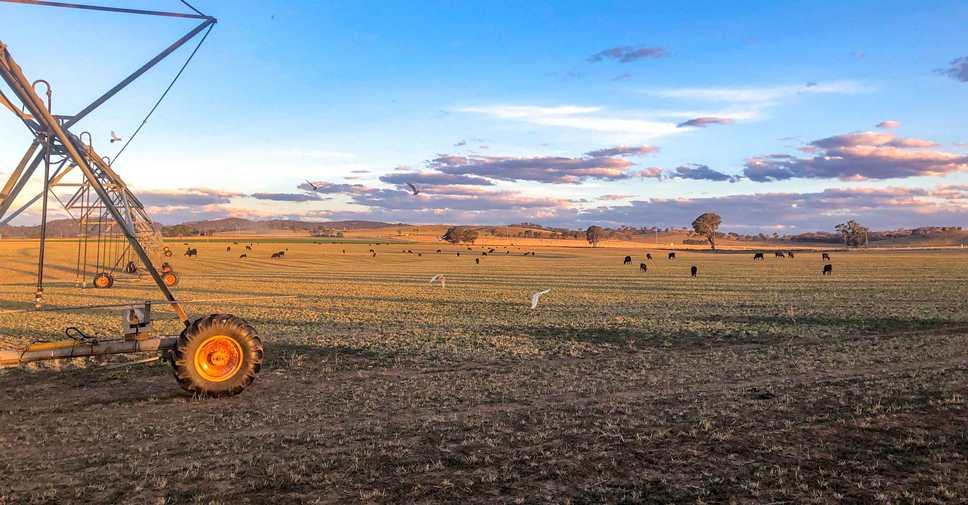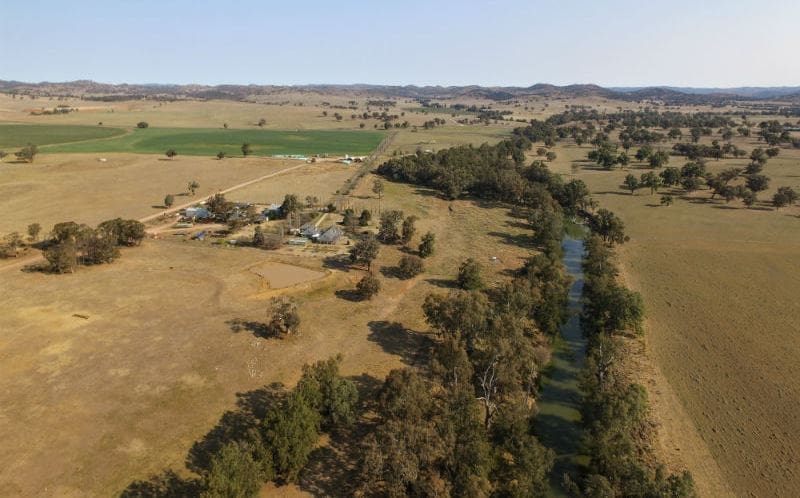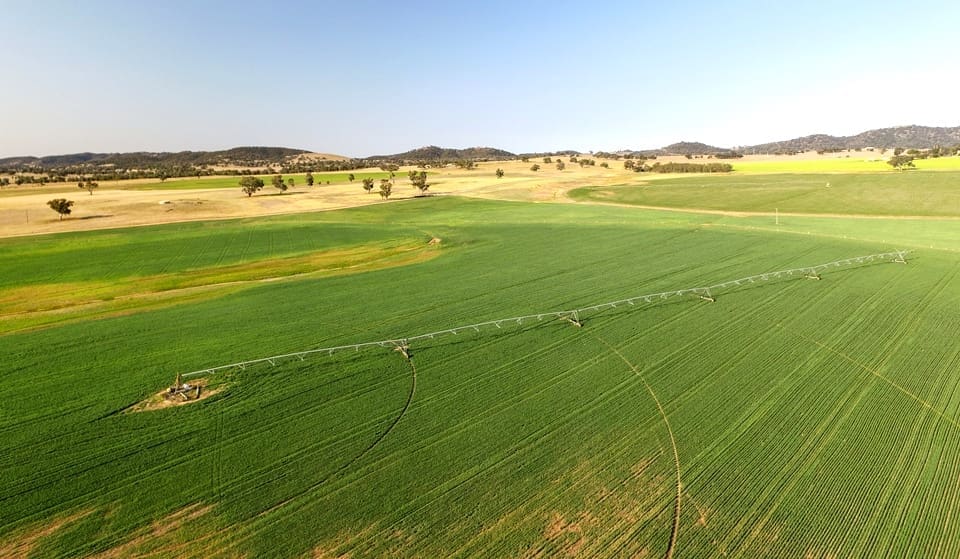
The 5800ha Warragundi Aggregation is a large scale, mixed enterprise comprising cattle, sheep, water and cropping.
A South Korean family-controlled corporation has paid between $20 million and $25 million for 5800ha of productive grazing and cropping land on the banks of the Cudgegong River in New South Wales’ Mudgee region.
While the purchaser’s name remains confidential, sources have confirmed the parent business is a solar technology manufacturer in Korea. The Warragundi Aggregation is the company’s first foray into Australian agriculture and it intends to operate the farm in its current structure and retain the existing staff.
The walk-in walk-out transaction, which has been approved by the Foreign Investment Review Board, was secured in line with the agent and vendor price guide and included 1200 Angus breeding cows and calves, 2000 Merino ewes, a 1014ML Cudgegong River water license, plant and equipment and fodder crops.
The Warragundi Aggregation is a large scale, mixed enterprise comprising cattle, sheep, water and cropping. It is located near the township of Goolma, 25 minutes from Mudgee in the state’s central west. The property has about 2800ha of arable country including 90ha of river flats serviced by three large centre pivots.
It is difficult to find properties boasting the scale of Warragundi in the local area, with most being subdivided to accommodate the high demand for rural lifestyle blocks.
The aggregation features a range of pastures and forage crops including chicory, cocksfoot, fescue, phalaris, ryegrass and clover mix, and offers secure water access and fodder crops that have maintained a core breeding herd during extended dry periods.
It was first marketed by CBRE Agribusiness’ Richard Royle and Logical Livestock’s Simon McKittrick via an off-market sale process.
Then, in August last year, the pair took the holding to an expressions of interest campaign to ensure prospective Australian and international buyers had an opportunity to inspect and bid for the assets.

The Warragundi Aggregation included 1200 Angus breeding cows and calves, 2000 Merino ewes, and a 1014ML Cudgegong River water license
CBRE’s Richard Royle believes the South Korean buyers were looking forward to getting to know the region further and working with local businesses.
“They were attracted to the region for its diversity in agriculture, wine and expanding tourism opportunities. Buying a farm, especially in a foreign country, has its complexities, but by purchasing the aggregation as a going concern it will ensure the new owners can operate commercially while applying their own strategies as they progress.”
Interestingly, part of the Warragundi Aggregation sale agreement included a DA approval for a solar and wind farm with CWP Renewables. Mr Royle said while it was a bonus for the new owners, who have a background in solar technology manufacturing, they are mostly interested in grazing.
Retiring owners, John and Sandra Harding will now concentrate on their horse breeding and Mudgee Machinery business.
Mr Royle paid tribute to the couple, saying they had done an excellent job in shaping Warragundi to what it is today.
“The vendors have been aggregating surrounding land – ten parcels in total – since 2008 and worked hard to pasture-improve the property. The plant, equipment and livestock will provide the purchaser with an immediate income stream, turn-key business and seamless transition,” he said.
With a 25,000 dry sheep equivalent carrying capacity, livestock on Warragundi had an outstanding reputation, Mr Royle said.
“Weight gains are above average for the region, which is testament to the water supply, quality of fodder crops and fertiliser.”
Mr Royle said the $20-$25 million sale price reflected the strong rural market in NSW, despite the exceptionally dry conditions.

The aggregation features a range of pastures and forage crops including chicory, cocksfoot, fescue, phalaris, ryegrass and clover mix, and offers secure water access and fodder crops that have maintained a core breeding herd during extended dry periods.

FIRB agreed to this? How come?